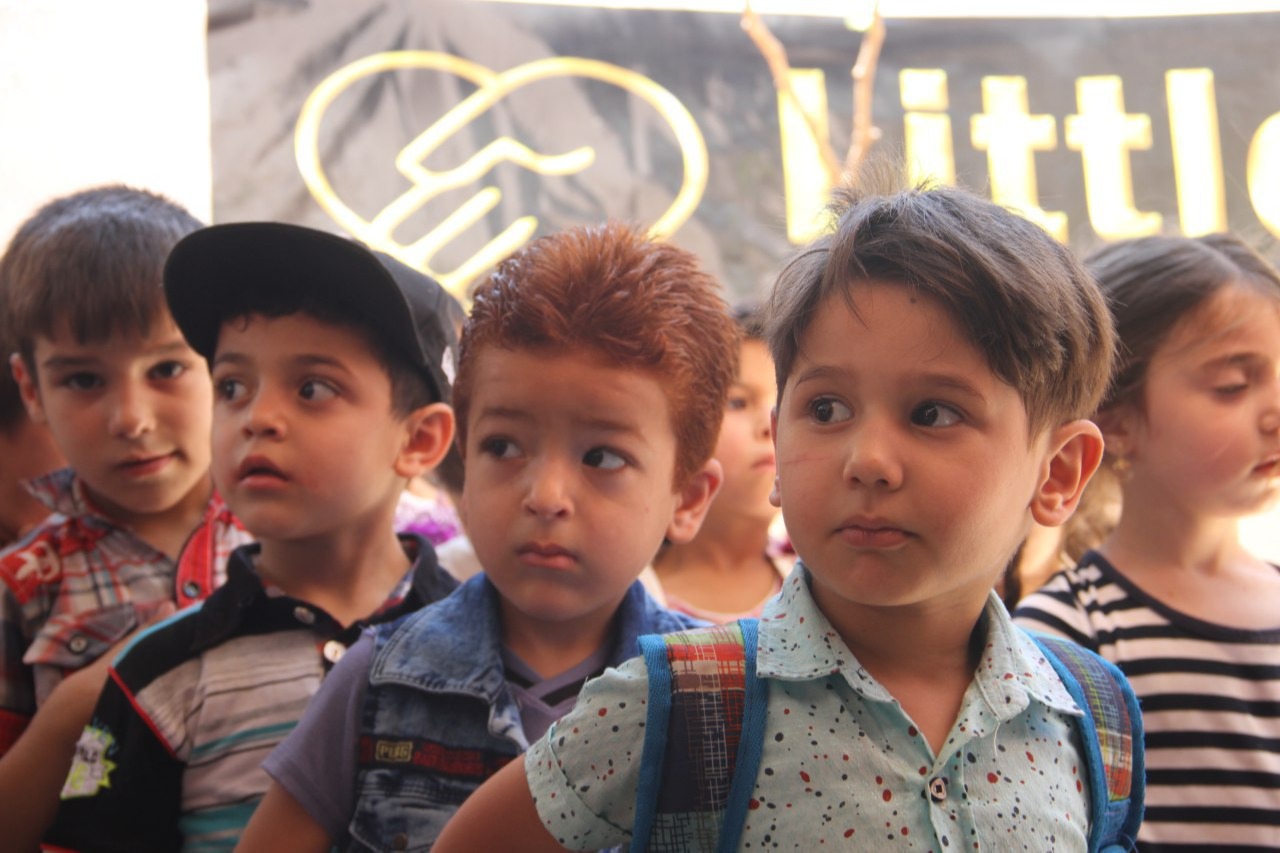The long-awaited, auspicious month of Ramadan is finally upon us; a blessing in which many Muslims around the world fast, pray and endeavour to purify their souls.
Not only is fasting one of the five core obligations to a Muslim, but it also does well in serving as a reminder that there are many others out there that are less fortunate than ourselves, who live amongst poverty and starvation as normalcy and not just during this month of fasting. This is a harsh reality for many around the world, and one that is extremely difficult to comprehend for those currently reading this.
The daily routines during the month of Ramadan can differ from everyday life. In this month, we: waking up with family for suhoor; recite Fajr (morning) prayers, and observe a fast during the day while avoiding any immoral sins or actions. We extend our worship to Allah (SWT); recite evening prayers; sit down for Iftaar with family and loved ones; perform congregational prayers; and finally, reciting the Holy Qur’an at the local Mosque.
Along with this, for many, comes the excitement of the impending festival of Eid-ul-Fitr, which marks the end of the month of Ramadan; in celebration of successfully completing such a privileged month of fasting and worship. Many people sit down to a feast with family and friends on this day, wearing their best attire, and donating their Zakat-ul-Fitr* before visiting the mosque. Here they perform congregational prayers, as well as distributing and giving gifts to each other.
For many children, this is an occasion to look forward to; many are spoilt with new clothes, treats, gifts and money - which is why many parents put great emphasis on indulging their children during the celebration of Eid-ul-Fitr.
